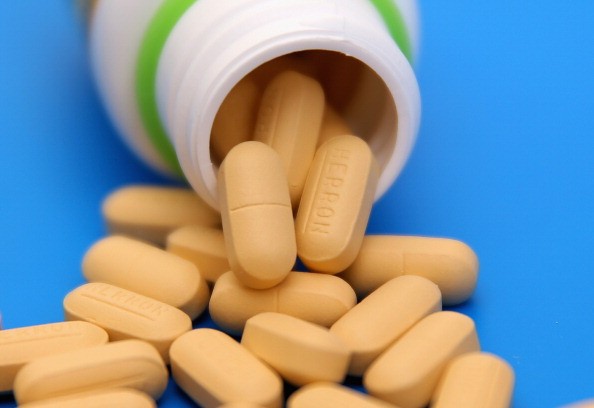
The main trouble for type 2 diabetes patients is that their body cannot sense insulin although they have enough of the enzyme. As a result, too much of sugar are present in the blood especially right after eating. But having this novel research, it may now reduce the burden suffered by these patients, as they found a new way on how to reduce blood sugar levels without having to use insulin.
Insulin is an enzyme that regulates sugar in the blood. Experts are aware that sugars are not limited to just the 'table sugar' that ordinary people know. The forms of sugar extend to all kinds of carbohydrates - including rice, bread, pasta and pastries. When carbohydrates are broken down into glucose units during digestion, the insulin makes sure that these molecules do not float in the blood in excessive amounts. This enzyme delivers them to the liver where the sugars are stored. Whenever starving comes, these sugars are again reproduced to reach the bloodstream and supply the body with the energy it needs.
Researchers at Washington University School of Medicine in St. Louis proposed a new drug that has the potential to treat type 2 diabetes patients in a different approach. The research team believes that making the body more sensitive to insulin is not the only way to cure the disease. One may also limit the production of sugar from the liver to effectively minimize its concentration in the blood.
Brian N. Finck, Ph.D., associate professor in the Division of Geriatrics and Nutritional Science, is the lead researcher of the study. He said in a press release that their strategy could lead to more efficient treatments for type 2 diabetes. Potential drugs just have to target a key protein involved in the glucose reaction pathway.
Finck and his team tested the drug MSDC-0602 for clinical trials. By using mouse models, they found out that the drug was able to inhibit a liver protein called mitochondrial pyruvate carrier 2 (MPC2). The protein shuttles the transport of pyruvate - a building block of glucose - from the bloodstream towards the energy factories of the cells.
With this mechanism, researchers further believe that obese patients who suffer nonalcoholic liver disease can also get a cure. While there are no observable signs of this disease, patients may acquire liver failure in the long run if not treated, according to medical reports.
Researchers of WUSM were the first people to demonstrate the vital role of pyruvate transport protein in the whole mechanism of glucose metabolism. They were also the first ones who proposed a new approach to finding the effective drugs that can treat type 2 diabetes.
The research appears in the journal Cell Metabolism.



